Relationship

Letting Go With Grace: Emotional Tools for Closure
Letting go is never easy. Whether we are parting ways with a loved one, ending a relationship, leaving a job, or saying goodbye to a cherished chapter of life, the emotional weight can feel overwhelming. Yet, closure is essential for our emotional well-being. Without it, we carry unresolved grief, anger, regret, or longing that can seep into new relationships and experiences, holding us back from healing and growth.

Breakup Blues: How to Cope and Rebuild Your Self-Worth
A breakup often feels like a silent earthquake—unseen by others but devastating within. The pain doesn’t just come from the loss of a relationship, but from the crumbling of the life, identity, and future you built with another person. You may find yourself questioning your worth, doubting your value, and feeling isolated even when surrounded by people. In Indian society, where emotional expression is often discouraged and breakups can be stigmatized, this pain may feel even more overwhelming. But the truth is—while breakups may shake you, they do not define you. You are not broken; you are in a process of emotional reformation. And with the right tools, guidance, and support system, you can rebuild not just your self-worth but also your entire life narrative.

Gaslighting in Relationships: What It Is and How to Heal
Gaslighting is a form of emotional abuse that erodes your ability to trust your own perception. It’s a slow, insidious process that often begins with subtle doubts and ends with complete self-questioning. In romantic relationships—especially in the Indian context where silence, compromise, and duty are often mistaken for love—gaslighting can be even harder to recognize.

The Silent Treatment: A Red Flag or a Cry for Help?
In the complex landscape of human relationships, silence can speak louder than words. One of the most common—yet least understood—forms of emotional response is the silent treatment. Whether it comes in the form of cold shoulders, unread messages, or days of unspoken tension, the silent treatment leaves behind a trail of confusion, hurt, and disconnection.

Parental Pressure and Mental Health: The Unspoken Struggle of Indian Youth
Parental expectations are a universal experience, but in India, they often come with immense pressure. From scoring high marks 📚 to securing a high-paying job 💼, the burden on Indian youth is immense. While parents want the best for their children, excessive expectations can take a toll on mental health, leading to anxiety, depression, and even suicidal thoughts.

The Mental Health Crisis Among Indian Students: What Can Be Done?
In recent years, the mental health crisis among Indian students has become a growing concern. The pressure to excel academically, social expectations, economic constraints, and personal struggles create a highly stressful environment that takes a toll on their mental well-being. While awareness about mental health is increasing, there is still a significant gap in access to proper care and support. Addressing this issue requires a collective effort from educational institutions, parents, policymakers, and mental health professionals.

Anxiety Disorders: How They Manifest and How to Manage Them
Anxiety disorders are among the most prevalent mental health conditions worldwide, affecting millions of people across all age groups. They are characterized by persistent and excessive worry or fear, which can significantly impact daily functioning and quality of life.

Understanding Depression: Symptoms, Causes, and Treatments
Depression is a complex mental health condition that affects millions of individuals worldwide. It is more than just a feeling of sadness; it is a persistent state of low mood and aversion to activity that can significantly impact one's quality of life.

Overcoming Decision Paralysis: How to Take Action Without Overthinking
Decision paralysis, also known as analysis paralysis, occurs when overthinking and excessive deliberation lead to stagnation, making it difficult to choose between options. In today’s world, filled with countless choices and high expectations, decision paralysis can feel overwhelming. This inability to make timely decisions often leads to missed opportunities, heightened stress, and a constant state of dissatisfaction. This blog dives deep into the causes, consequences, and strategies to break free from decision paralysis. We’ll also discuss how CareMe’s mental health services can guide you toward confident and decisive action.

Loneliness and Mental Health: Why It’s More Than Just Feeling Alone
In an increasingly connected world, loneliness has emerged as a paradoxical epidemic affecting millions globally. While loneliness might seem like a simple feeling of being alone, its implications run deeper, affecting not just emotional well-being but also physical and mental health. In this blog, we delve into the profound connection between loneliness and mental health, explore its effects, and discuss how platforms like CareMe Health can provide a lifeline to those struggling with isolation.

Practical Tips for Practicing Mindfulness in Daily Life
In today’s fast-paced world, where stress, anxiety, and mental fatigue are commonplace, mindfulness has emerged as a powerful tool for finding balance. Mindfulness, the art of being present and fully engaged in the moment, is not just a therapeutic practice but a way of life.

How to Recognize and Combat Burnout in the Workplace
Burnout has become a silent epidemic in workplaces worldwide. Defined as a state of chronic physical and emotional exhaustion often accompanied by a sense of reduced accomplishment and depersonalization, burnout affects employees across industries. Addressing burnout isn't just about promoting well-being—it directly impacts productivity, employee retention, and overall organizational health. Understanding and combating burnout requires a blend of awareness, evidence-based techniques, and organizational change.

Friendship Breakups: How to Handle Losing Friends and Moving Forward
Friendships are integral to our lives, especially during the teenage years when friends become a central part of our identity and support system. However, just as romantic relationships can end, friendships can also change or dissolve, leaving emotional challenges in their wake. A friendship breakup can be emotionally overwhelming, but understanding ways to cope and move forward can help make the process smoother.

The Importance of Mental Health Breaks: How to Prevent Burnout During Exams and Deadlines
In the fast-paced world of academics, the pressure on students is immense. This is particularly true in India, where the academic system places a high value on scores, competitive exams, and rigorous study schedules. For students striving to meet these demands, burnout is a real and prevalent risk. Understanding the importance of mental health breaks can be crucial for sustaining both academic performance and overall well-being.

Overcoming Fear of Failure: Building Resilience in Students
Fear of failure is one of the most significant psychological barriers affecting students today. It can impede academic performance, hinder creativity, and reduce overall well-being. This fear often manifests as anxiety, low self-esteem, procrastination, and avoidance of challenging situations. In the academic environment, students may fear being judged, disappointing their parents or teachers, or not meeting their own expectations. The key to overcoming this fear lies in building resilience—a set of mental skills and behaviors that help individuals recover from setbacks and continue moving forward.

Dealing with Burnout: How to Recognize and Recover from Chronic Stress
Burnout is more than just feeling stressed or overwhelmed. It’s a state of emotional, physical, and mental exhaustion caused by excessive and prolonged stress. Burnout often occurs when you feel overwhelmed, emotionally drained, and unable to meet constant demands. As it persists, it can lower your productivity and leave you feeling helpless, cynical, and resentful. With the rise in workload and constant connectivity in today’s world, especially post-pandemic, burnout has become a common issue among professionals, students, and caregivers.
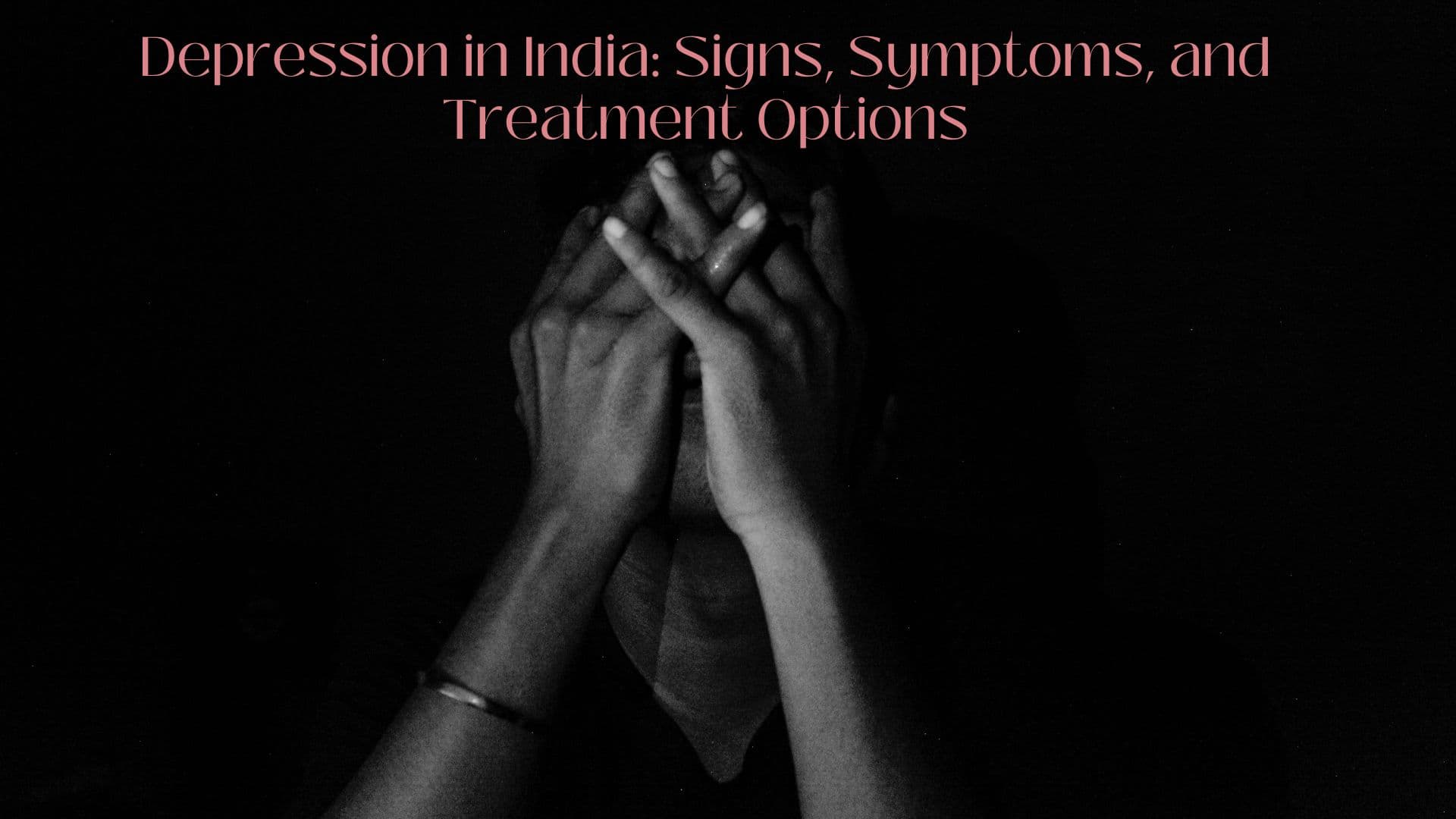
Depression in India: Signs, Symptoms, and Treatment Options
Depression is a significant mental health issue affecting millions of individuals worldwide, including a substantial number in India. Despite growing awareness, the stigma surrounding mental health problems often prevents individuals from seeking help. According to the World Health Organization (WHO), approximately 56 million Indians suffer from depression, highlighting the need for effective intervention strategies. This blog explores the signs, symptoms, and treatment options available for depression in India, providing a resource for those seeking help and understanding.

Mental health care and mobile tech: How CareMe achieves the magical mix
Mental Health Care and Mobile Tech: The Magical Mix of CareMe Health In today's fast-paced world, where the lines between physical and digital realms increasingly blur, mental health care has found a new ally in mobile technology. CareMe Health, an avant-garde mental health startup based in India, is at the forefront of this revolution, offering a harmonious blend of traditional care principles and cutting-edge technology. Let's explore how CareMe Health
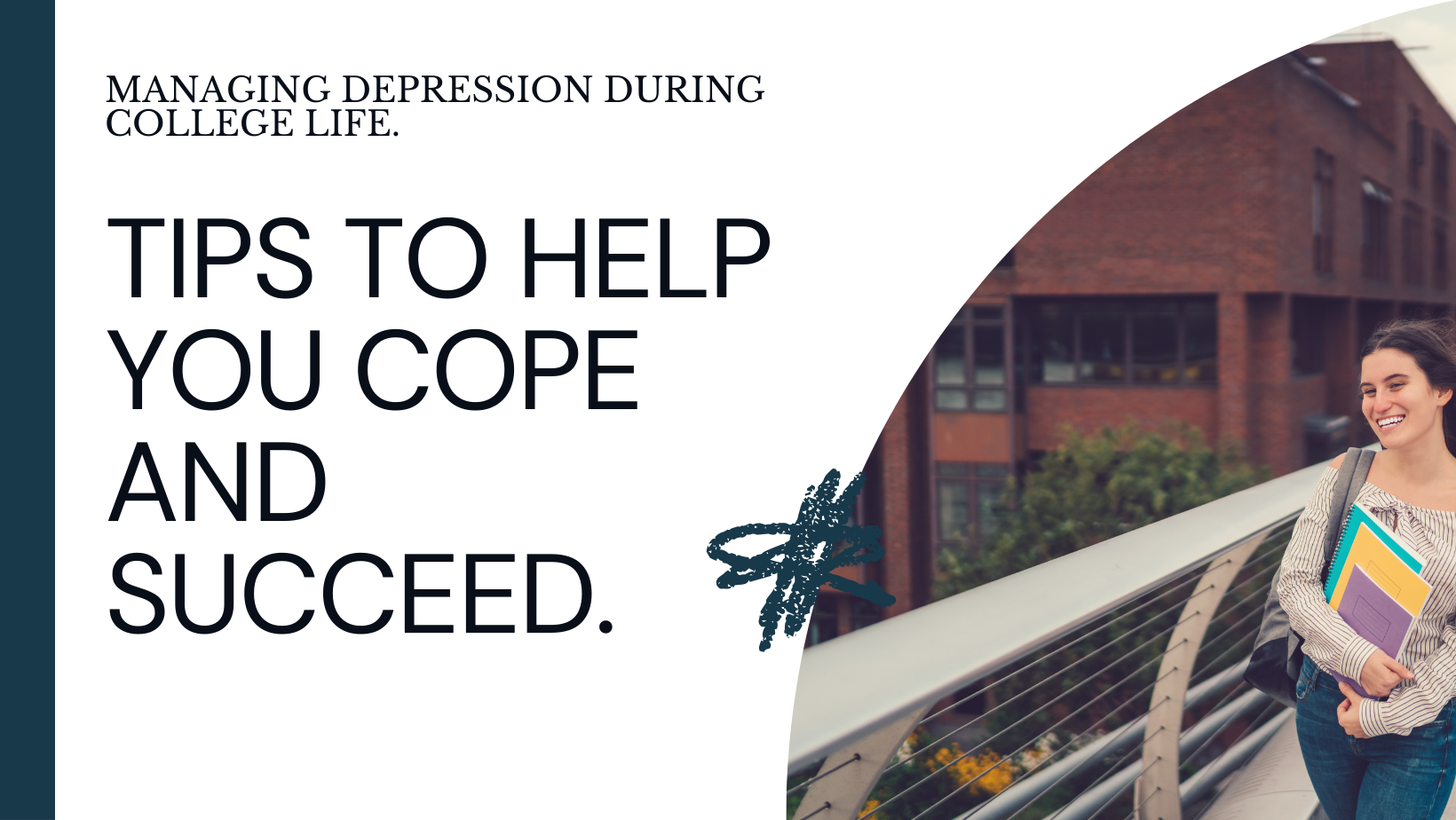
College Blues Getting You Down? Tips to Manage Depression During Studies
College Blues Getting You Down? Tips to Manage Depression During Studies College is a time of exploration, learning, and growth. But for many students across India, it's also a period marked by stress, anxiety, and sometimes, depression. The transition to college life, coupled with academic pressures and personal adjustments, can be overwhelming. If you're feeling the college blues, you're not alone. Here are some actionable tips to help you manage depression during your studies, with a special focus on how CareMe Health can support you on this journey.
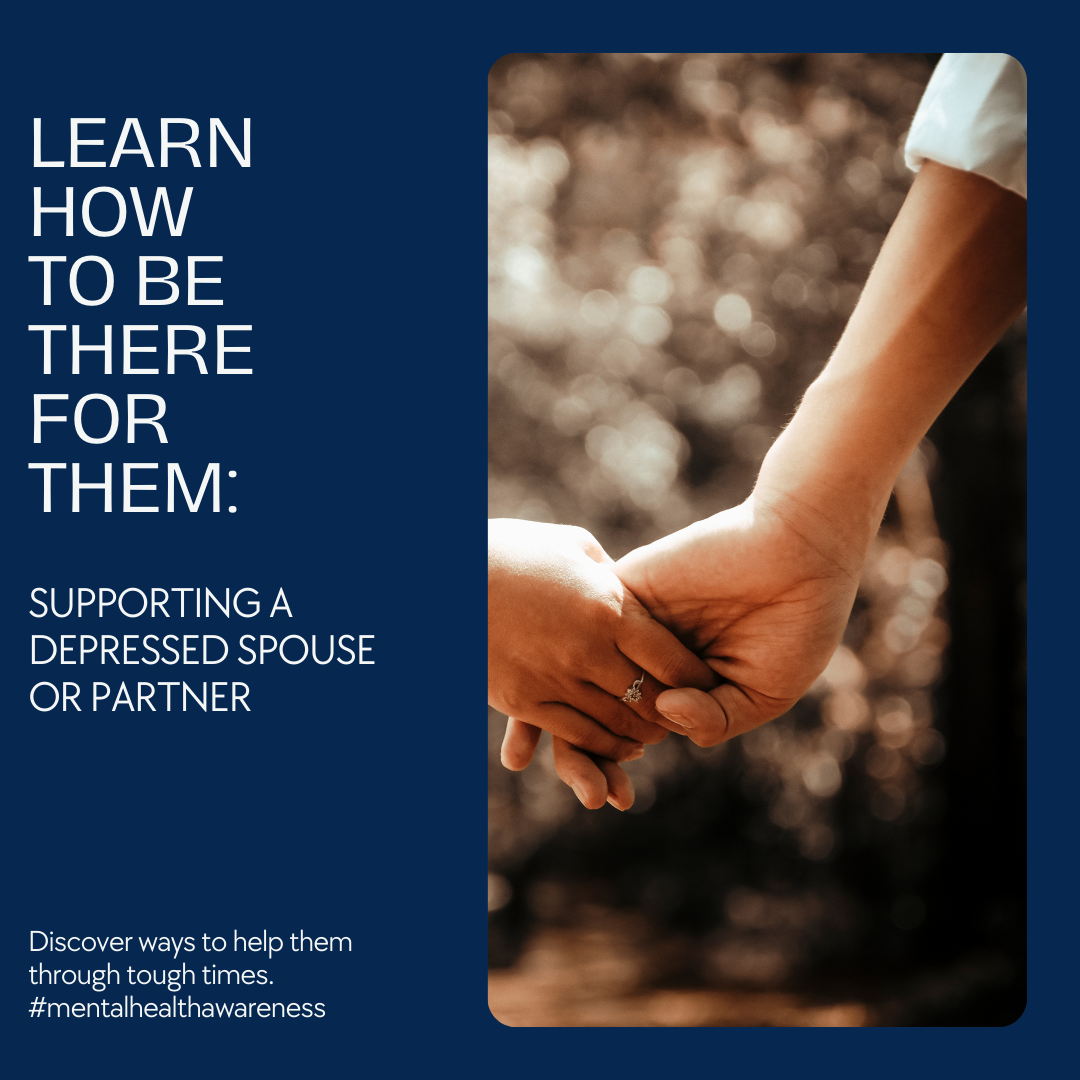
Supporting a Depressed spouse or Partner: Ways to Be There for Them
Supporting a Depressed Spouse or Partner: Ways to Be There for Them Witnessing a loved one struggle with depression can be heart-wrenching. In the intricate tapestry of Indian society, where relationships are the cornerstone of life, the impact of a partner's depression not only affects them but also reverberates through the entire family. Understanding how to support a depressed spouse or partner is crucial in aiding their journey toward healing while also maintaining your well-being.
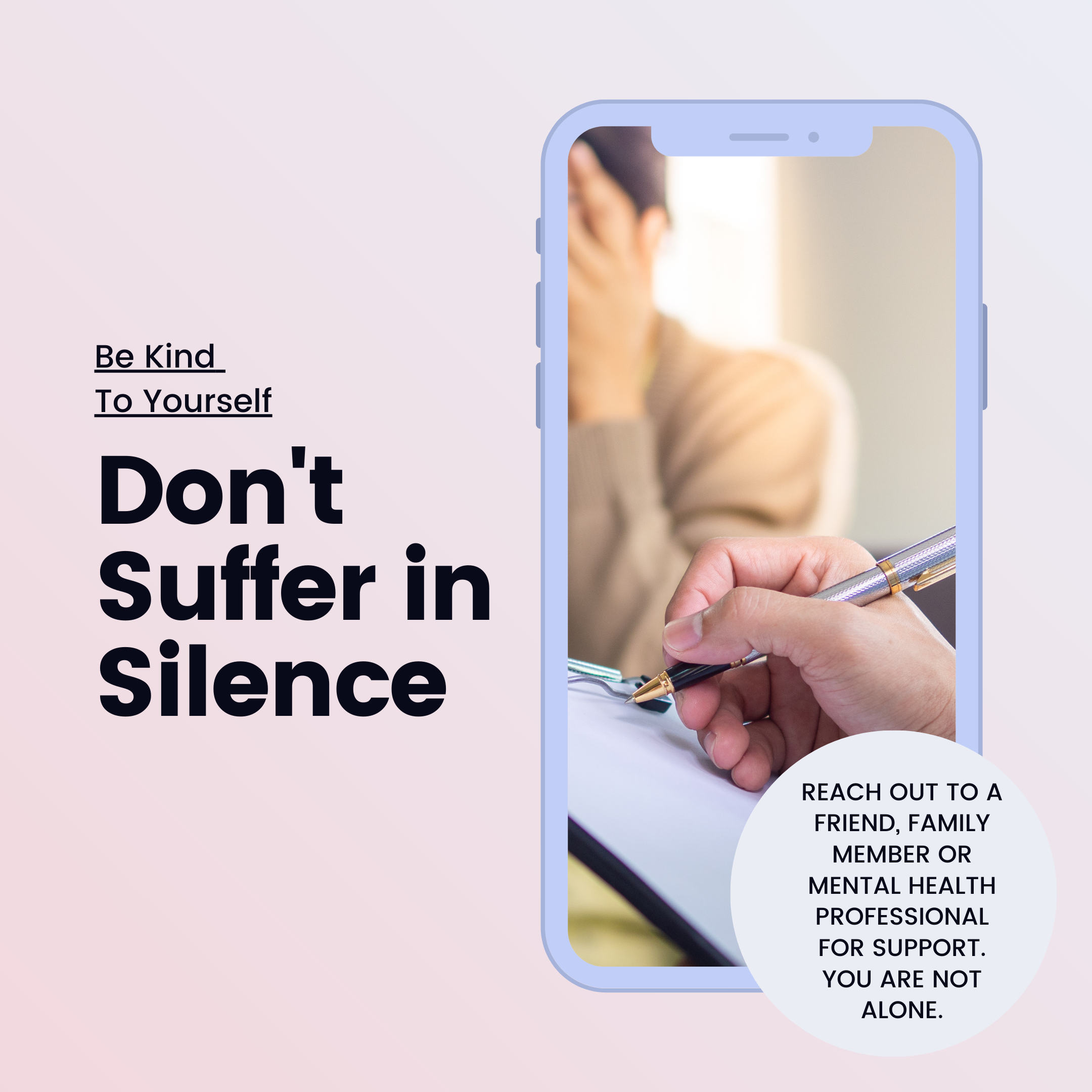
Don't Suffer in Silence: Talk to Someone About Feeling Depressed
Don't Suffer in Silence: Talk to Someone About Feeling Depressed In the rich tapestry of Indian society, where vibrant traditions meet modern aspirations, the topic of mental health often remains veiled in silence. Depression, a common yet misunderstood condition, lurks in the shadows of this silence, affecting millions across the nation. It's time to break the silence and speak up. Remember, when feelings of depression weigh you down, talking to someone can be the first step toward lightening the burden.
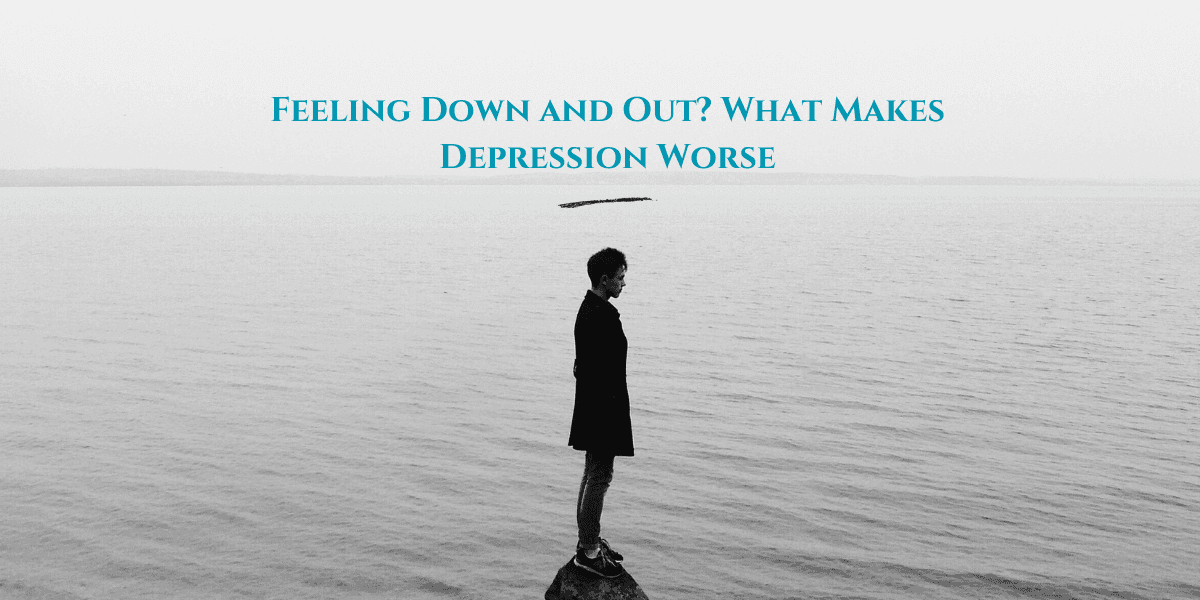
Feeling Down and Out? What Makes Depression Worse
Feeling Down and Out? What Makes Depression Worse In the vibrant tapestry of Indian society, where the hustle of daily life merges with the rich hues of culture and tradition, mental health often takes a backseat. Depression, a common but serious mood disorder, affects many, yet the conversation around it remains shrouded in silence. Understanding what exacerbates depression is crucial, especially in the Indian context, where unique cultural, social, and economic factors come into play.

Need Someone to Talk To? Who You Can Open Up to About Feeling Stressed
Need Someone to Talk To? Who You Can Open Up to About Feeling Stressed In the bustling life of India, where the vibrant colors of culture blend with the rapid pace of modernization, stress has become a frequent visitor in the lives of many. Finding someone to talk to in these moments can be more than just comforting; it can be a lifeline. Let's explore the avenues available for those feeling the weight of stress and how CareMe Health emerges as a beacon of support and understanding.

What Causes Stress to Get Worse?
What Causes Stress to Get Worse? An In-Depth Look with CareMe Health In our fast-paced world, stress has become a constant companion for many of us. But what turns everyday stress into a more severe problem? Understanding the factors that exacerbate stress is crucial, especially in the context of the diverse and vibrant landscape of India. This blog delves into these factors, supported by scientific evidence, and showcases how CareMe Health is your ally in managing stress effectively.
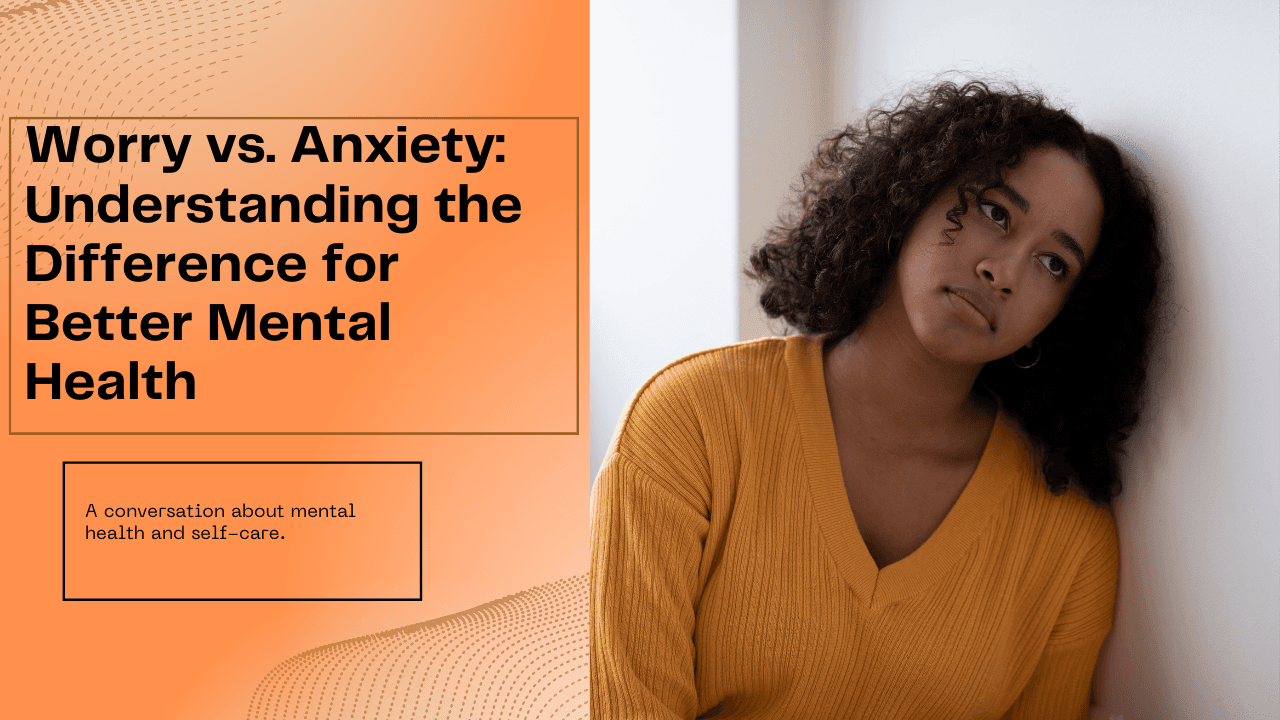
Worry vs. Anxiety: Understanding the Difference for Better Mental Health
In today's fast-paced society, the lines between worry and anxiety often blur, leading to a common confusion that can cloud our understanding of mental health. Worry and anxiety, though closely related, are distinct emotional experiences that can significantly impact our mental wellness. Understanding the nuances between the two is not just an academic exercise; it is a crucial step towards recognizing our own mental health needs and seeking appropriate support.

Sleep and Mental Health: Understanding the Vital Connection
Imagine a world draped in the velvet cloak of night, where every soul retreats to the silent embrace of sleep, recharging for the dawn yet to come. But what if, in this tranquil realm, your mind decides to embark on its own nocturnal adventure, weaving through past conversations, unresolved tasks, and the endless "what ifs" of tomorrow? This isn't just a fleeting moment of restlessness; it's a nightly saga for millions. Surprisingly, research reveals a striking narrative: nearly 8 in 10 individuals grappling with mental health challenges are also caught in the tangled web of sleep disturbances. It's as if their minds are on an endless marathon, with no finish line in sight.
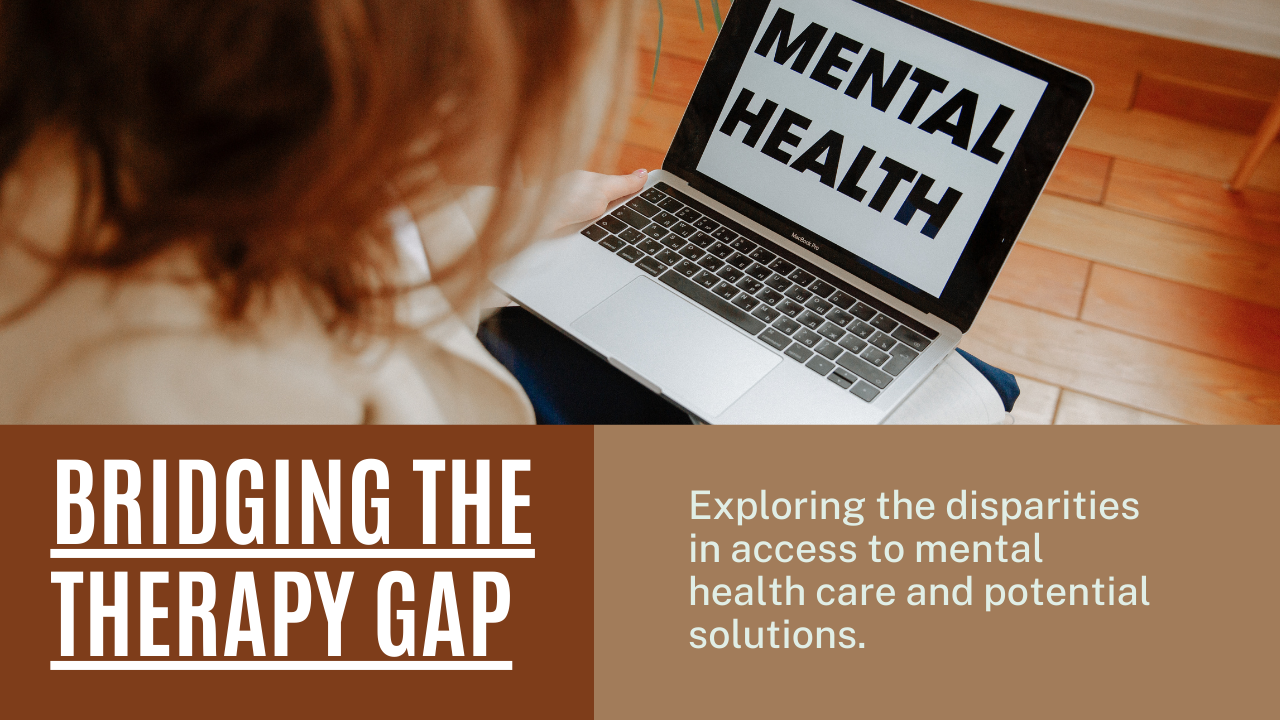
The Therapy Gap: Bridging Cultural and Financial Barriers in Mental Health Care
In a world that's constantly on the move, taking a moment to talk about something as crucial as mental health seems like a luxury many can't afford. Yet, there's an elephant in the room we can't ignore any longer - 'The Therapy Gap.' It's this vast expanse that lies between those in need of mental health care and the actual, accessible support they receive. This gap isn't just about distance; it's woven with threads of cultural misunderstandings and financial barriers that make crossing it feel like an insurmountable task for many.
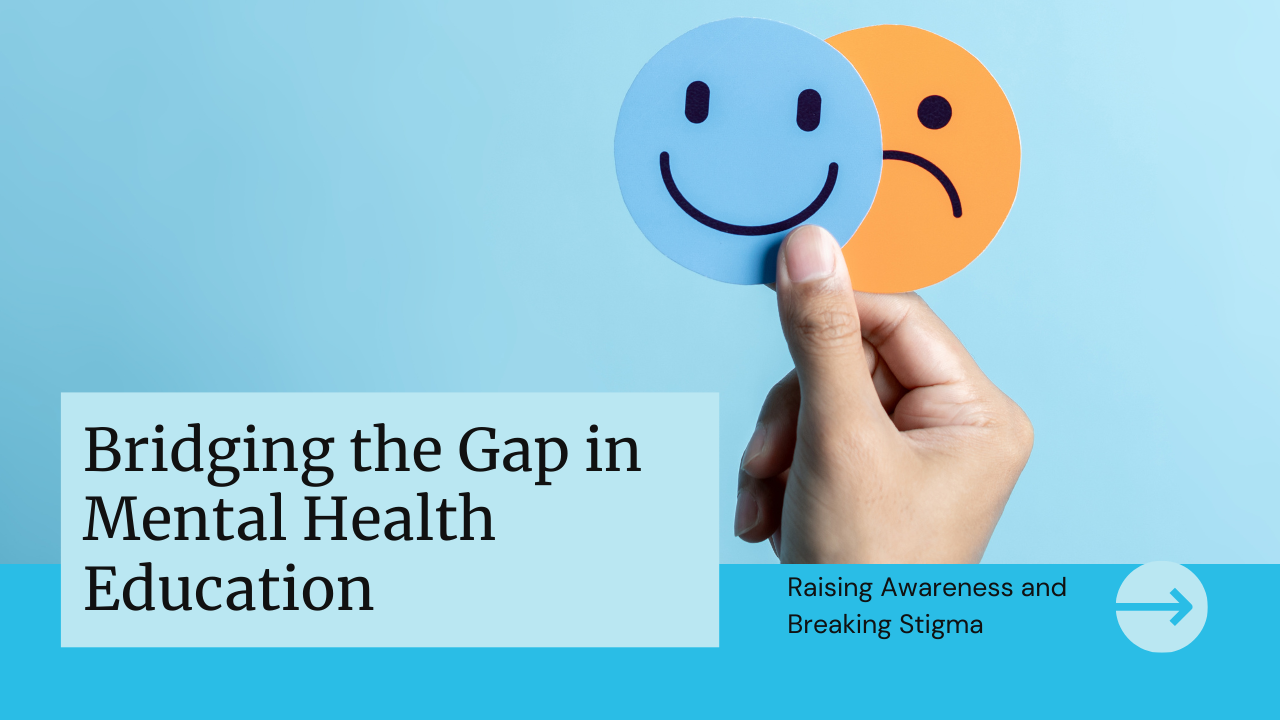
Mind Matters: Bridging the Gap in Mental Health Education
In India, a country buzzing with life, colors, and sounds, there's a quiet issue that doesn't get talked about much. Imagine this: out of every 10 people you know, about 1 or 2 might be struggling with something going on in their minds, like feeling really sad, worried, or stressed out. But here's the thing – most folks don't get the help they need. It's like having a bad cough that never gets checked because you don't know you can see a doctor or are too shy to talk about it.
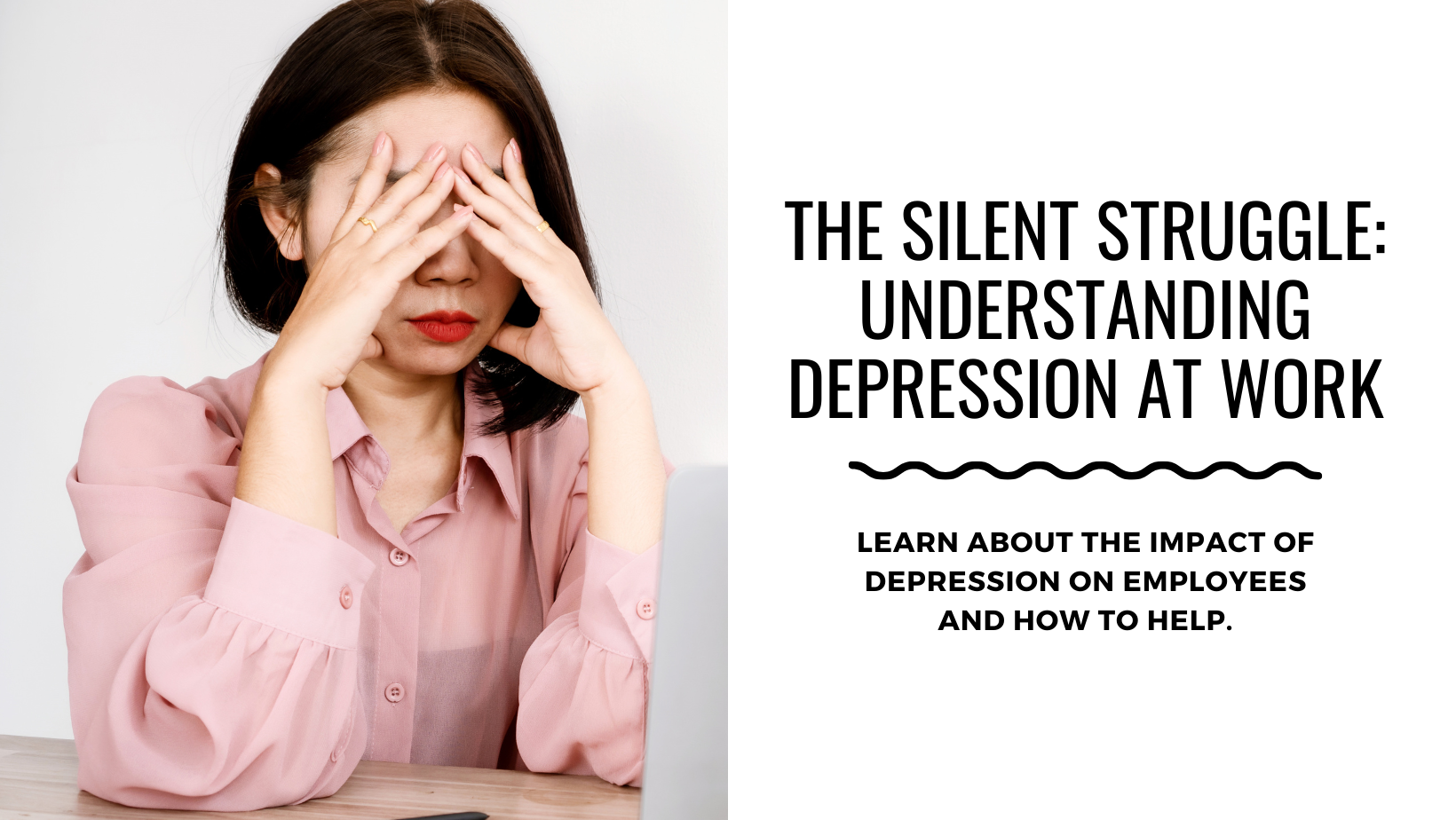
The Silent Struggle: Understanding Depression in the Workplace
Depression is like a shadow that follows you around, not just at home but into your workplace too. It's much more than feeling sad or having a bad day. Depression is a real medical condition that can deeply affect how you think, feel, and handle daily activities such as sleeping, eating, or working. When we talk about "depression symptoms," we're referring to a range of feelings like persistent sadness, a sense of hopelessness, and a lack of interest in things that once brought joy.

Long-Distance Family Ties: Supporting Your Parents' Mental Health from Abroad
In today's globalized world, it's not uncommon for family members to find themselves scattered across different countries in pursuit of education, career opportunities, or personal growth. This phenomenon is particularly resonant in India, a country known for its strong family bonds and collective culture. A recent survey highlighted that nearly 20% of Indian adults have close family members living abroad, underscoring the prevalence of long-distance family ties within the Indian diaspora.
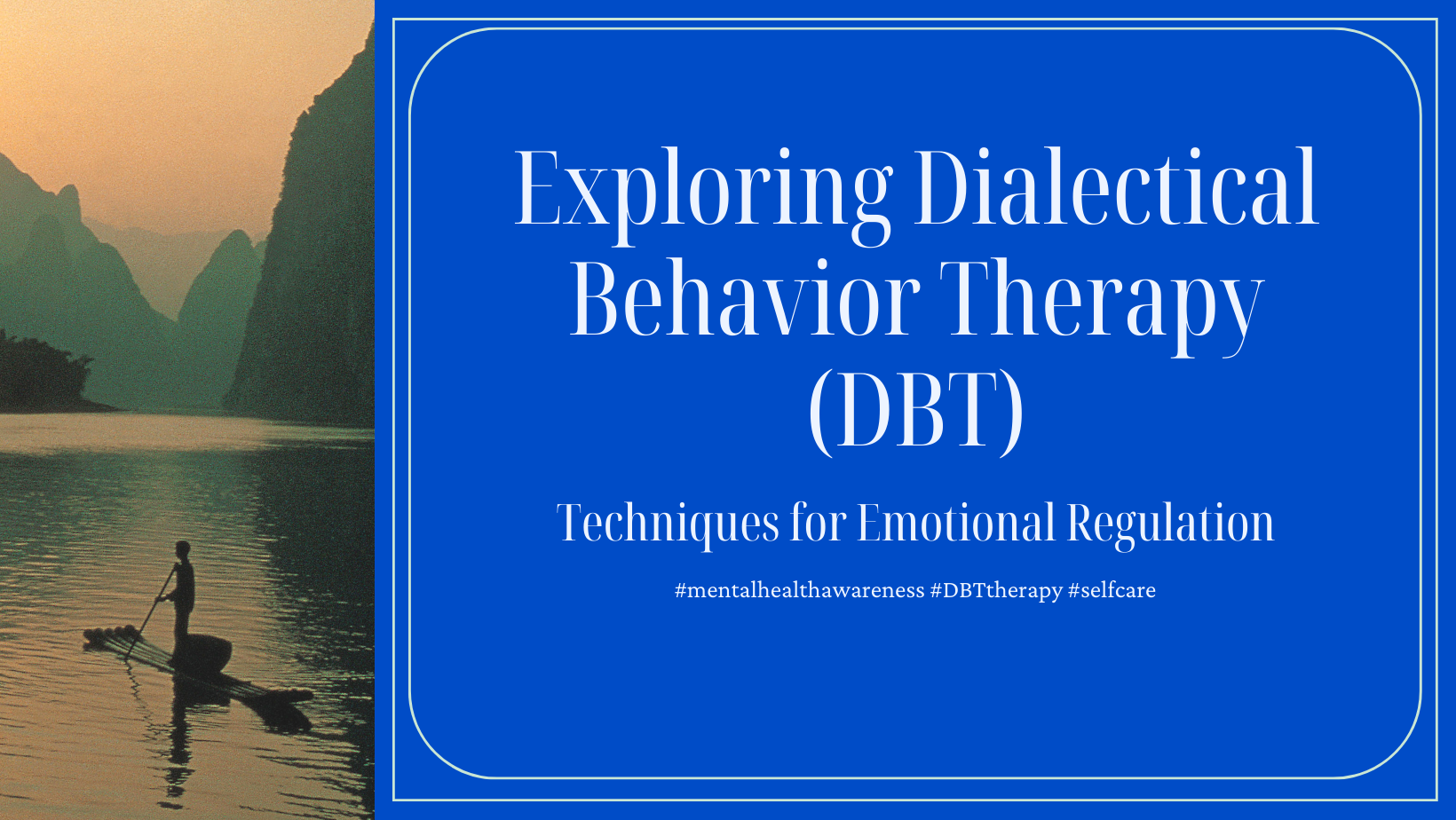
Exploring Dialectical Behavior Therapy (DBT): Techniques for Emotional Regulation
This blog aims to shed light on a powerful tool that can be a guiding compass on this emotional journey - Dialectical Behavior Therapy, or DBT. Tailored to resonate with the Indian audience, we'll explore practical techniques for emotional regulation that can help us foster a balanced and fulfilling life.

Pre-Wedding Jitters: Managing Anxiety Before the Big Day
In this article, we will delve into the intricacies of pre-wedding jitters, exploring the factors that contribute to its onset and the ways in which it can impact mental well-being. From understanding the root causes of pre-wedding anxiety to practical strategies for managing and mitigating its effects, we will navigate this emotional terrain with compassion and insight. Whether you're a bride-to-be or a groom on the verge of saying "I do," our aim is to equip you with the tools and knowledge to navigate the journey to the altar with confidence and grace.
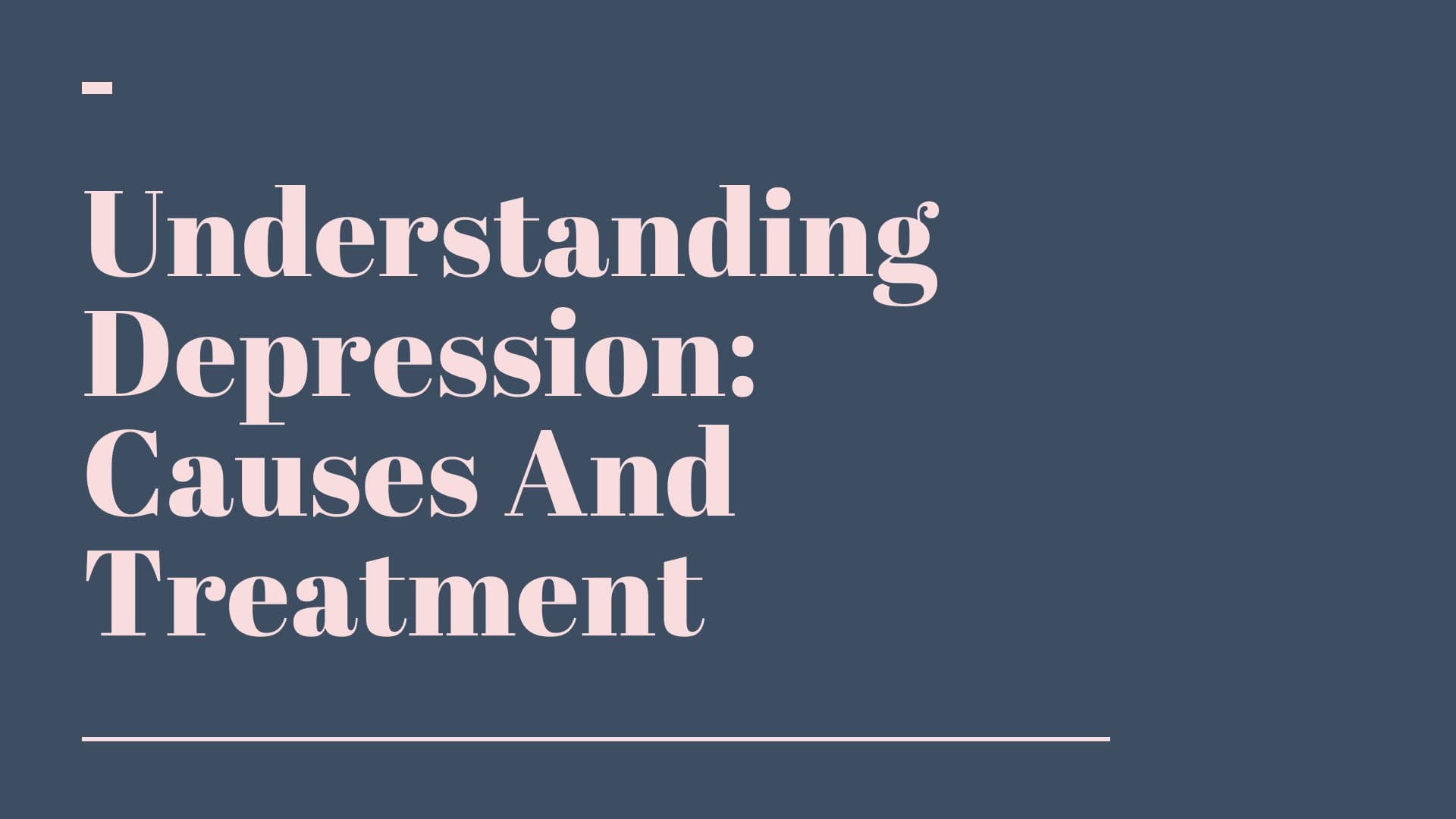
Understanding Depression: Causes And Treatment
Depression is a mental health disorder characterized by persistent feelings of sadness, hopelessness, and loss of interest in daily activities.
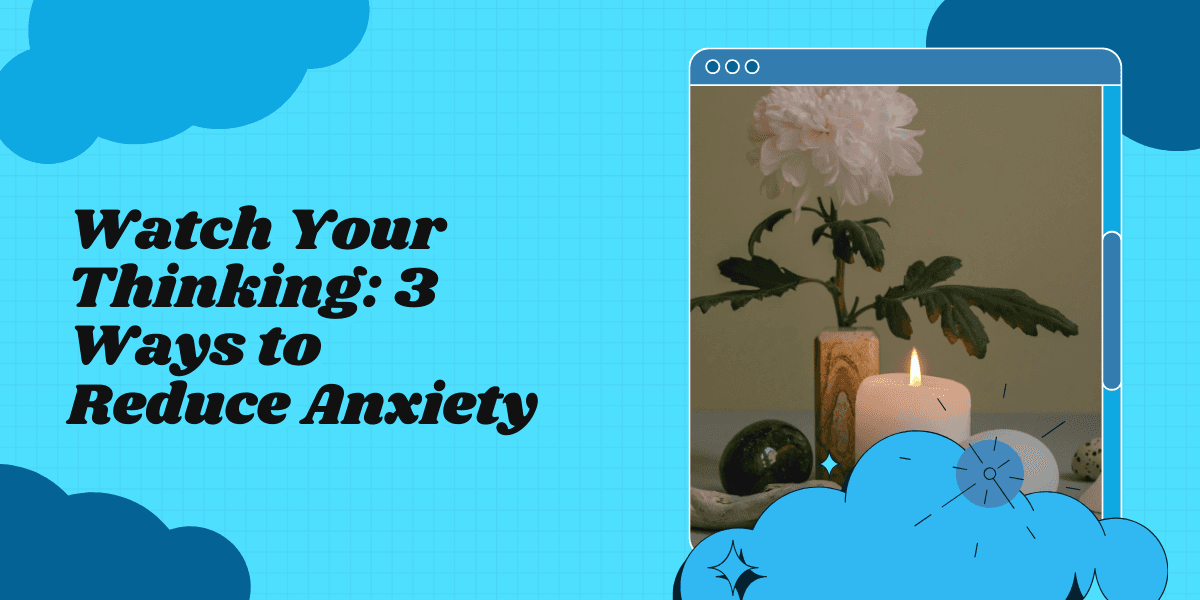
Watch Your Thinking – 3 ACT Ways To Reduce Your Anxiety
Acceptance Commitment Therapy (ACT) is a unique approach to manage our anxious thoughts and feelings. One major element of ACT is teaching people how to handle pain, anxiety more effectively using mindfulness skills
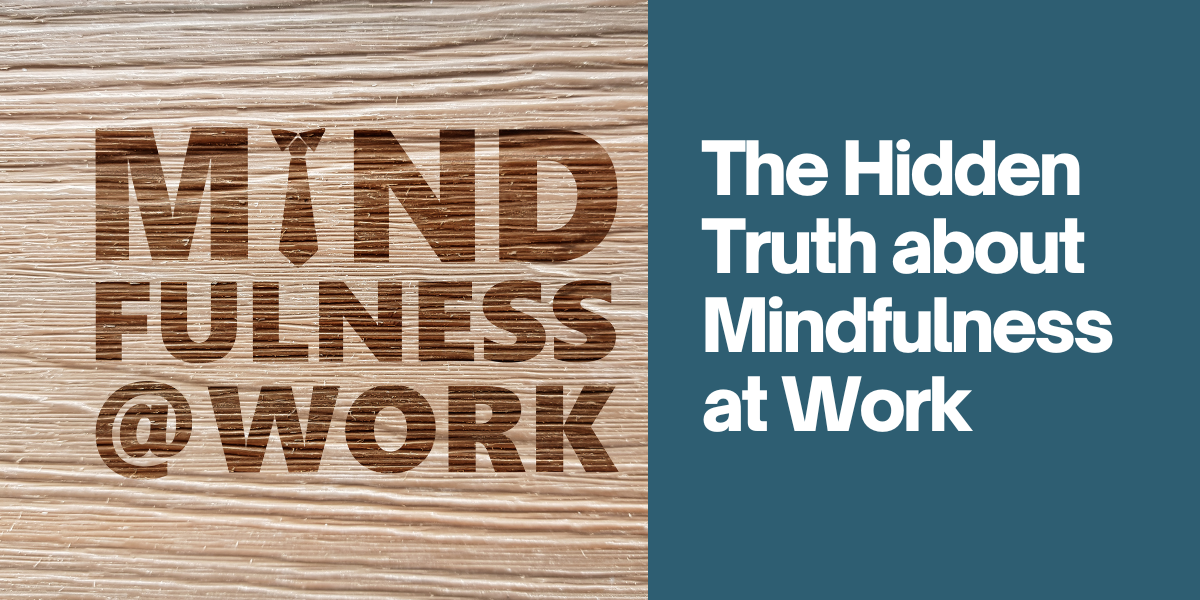
What Employers Aren’t Telling You About Mindfulness At Work
Mindfulness has become a popular buzzword in the corporate world, with many companies incorporating it into their work culture as a way to improve employee well-being and increase productivity

Change – The Only Constant
In an era like today’s where every aspect of life is in extremes, be it the larger-than-life portrayals of characters in films, career aspirations.

Take A Deep Breath: Simple Techniques For Instant Relaxation
Breathing is an essential part of life, and yet it’s something we often take for granted.

7 Habits You Might Develop Because Of Depression
Explore common habits associated with depression and gain insights into how to address them. Learn strategies for managing depression and promoting mental health.

Managing Workplace Stress And Anxiety
Learn effective techniques for managing stress and anxiety in the workplace. Discover strategies to create a more supportive and mentally healthy work environment.